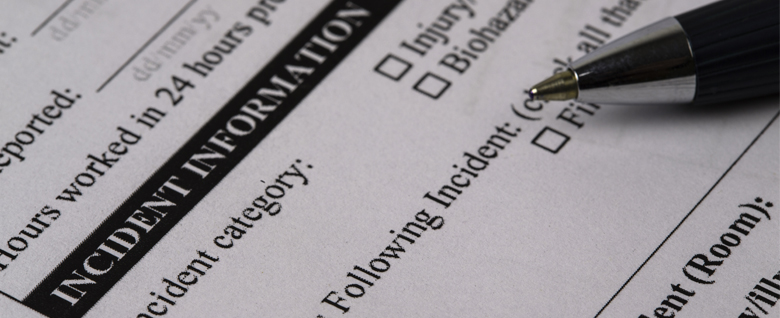When discussing personal injury claims the first thing most people think about is compensation for the injury itself, but most claims will involve lots of financial losses too. Loss of earnings is one of the most important heads of claim. You may need time off immediately following the accident, or at a later date due to flare ups, to undertake treatment or surgery, or during a period of post-operative recovery. Understandably, being unable to work and earn a living can be incredibly stressful, so recovering that lost money as soon as possible is key.
Claiming loss of earnings for an employed person
As an employee you may have lost your usual salary during your time off work, as well as other earnings such as bonus, overtime, or unsocial hours payments. In order to evidence your loss, you will need to provide copies of your wage slips from before and after the accident which show a reduction in your earnings. Your employer may also be contacted (with your authorisation) to verify the absence, the reason given, and the loss.
Will I receive statutory sick pay (SSP)?
If eligible, statutory sick pay (SSP) should be paid by an employer if their employee has been injured and unable to work for four days or more. The current level of SSP is £99.35 per week (payable after three initial "waiting days"). This can be paid for up to 28 weeks.
Any sick pay or benefits that are received as a direct result of an injury will be offset against a claim for loss of earnings. The reason for this is that the insurer is required to put you back into the position you would have been in but for the accident. If you were re-paid your full wages plus benefits on top then you would actually be in a better position than if the accident had not happened, referred to as “double recovery”.
I received full pay whilst I was off, do I still have to claim?
Even if full pay has been received during a period of absence there may still be a claim to be made, but on behalf of your employer; this is referred to as ‘employer’s recoupment’. Many employment contracts include a clause that allows employers to recover sick pay when a claim is being made against a third party. It is important that this is considered to make sure that you as an injured person are not in breach of your employment contract, which could leave you responsible for those sums.
Claiming loss of earnings if you are self-employed
As a self-employed person, your calculation for lost earnings will depend on whether you are a sole trader, in a partnership, or a director of a limited company. You will be asked to provide copies of your HMRC self-assessment tax returns and profit and loss accounts to evidence your earnings. You will also be asked for details of the time you have had off work, and the actual loss of profit you have suffered. It is also helpful if you can provide evidence of lost or cancelled work which you would have undertaken but for your injuries.
Calculating loss of profit for a self-employed person can be more complicated and it is therefore important to instruct experienced solicitors who understand the different methods of calculation and how best to present your claim. If a claim is particularly complex or high value, it may be necessary to instruct an accountant to calculate your loss of earnings. Again, the solicitor should advise you if this will be necessary.
I haven’t yet been able to return to my job, can I still claim?
If you have not been able to return to work or have had to change jobs as a result of your injuries, then you could be entitled to a significant claim for loss of earnings. Ultimately any head of loss must be supported by medical evidence. An expert will be instructed to prepare a report on your injuries, and they will provide their opinion on the symptoms you have suffered, the affect it has had on your work (as well as other areas of your life), and comment on whether your absence from work was directly caused by the accident. If you have been unable to return to work for an unrelated reason it is still possible to claim for your loss of earnings, but only for the period which was caused by the accident.
What about work in the future?
If you have suffered a serious injury, it is standard practice for a medical expert to provide their opinion as to whether you are disadvantaged on the open labour market due to your accident-related injuries. This would mean that if you were out of work and looking for another job, it would likely take you longer to secure one as the range of jobs open to you would have reduced. In this situation it is possible to bring a claim for this potential loss of earnings capacity, termed a ‘Smith v Manchester’ award. This is an often-disputed head of claim which is why it is always important to get legal advice.
Pension loss
If you have suffered a loss of earnings, it is likely that you will also have lost pension contributions. As the majority of people now have workplace pensions this is an important head of claim to consider, especially if you have been unable to continue working, or had to change jobs to one with a less favourable pension plan. Claims for both past and future loss of pensions can be considered.
Here at Stephensons our personal injury specialists have many years of experience handling all types of injury claims including those for loss of earnings. Call us now on 0161 696 6235 or complete our enquiry form.




Comments